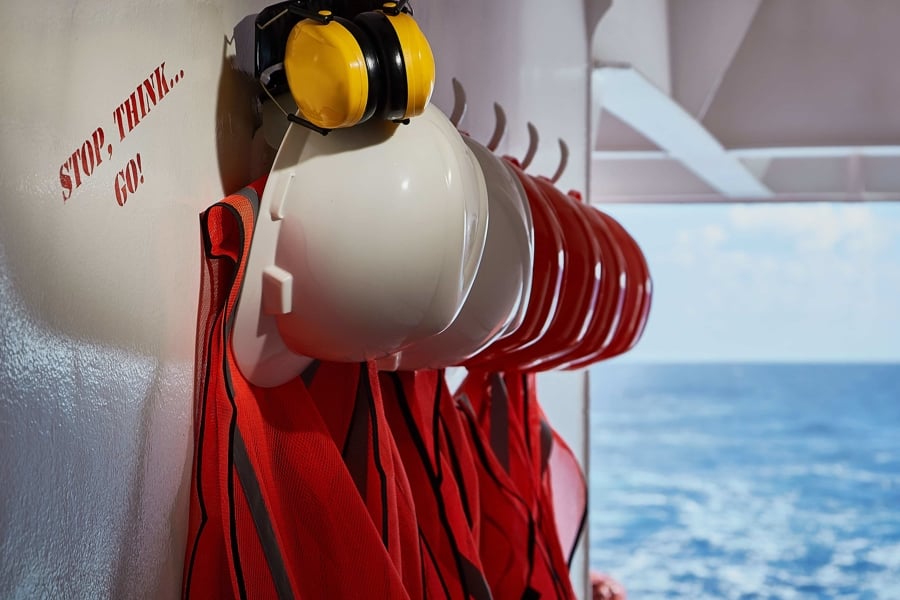
This three day course will enable maritime professionals to implement and communicate changes within their organisation.
Overview
It will assist in a more effective creation of a safety culture on board in order to optimise performance and reduce the risk of incidents involving damage to life, vessels, cargo and the environment.
In today's dynamic marine environment, being able to (successfully) implement and communicate necessary changes towards a safety culture is considered vital. However, severe accidents have been caused by a failure to lead and implement especially behavioural oriented changes on board.
Who will benefit?
This highly interactive course applies the TOPSIM 'Human Element In Shipping Simulation' and will benefit anyone whose role it affects or is affected by implementing or communicating changes in their marine work environment. It provides a key starting point to understand how changes can be communicated in order to achieve the required level of commitment and responsibility, influencing (safety) performance on board. It will be particularly valuable for:
-
Management level officers as well as officers preparing for management level
-
Technical, marine or crewing superintendents
-
Ship operators
-
Office staff with management responsibility for safety culture implementation and changes within the organisation
By the end of this course you will be able to
-
Explain why change leadership is essential for the successful implementation of change and a safety culture
-
Explain the five phases of implementing behaviour oriented change
-
Start creating a (business) case for change concerning your team and/or crew
-
Start creating a specific action plan to implement and communicate a change in your team/crew
No prior knowledge on implementing change is assumed. However, if you have existing knowledge about human behaviour and performance, organisational structure and culture or risk management, you will benefit to the maximum extend from the methods which will applied in the 'Human Element In Shipping Simulation'.
Programme topics
-
The importance of change leadership, addressing change content, process and people dynamics
-
Recognising and understanding resistance
-
Planning and deriving targeted communication measures
-
Understanding and managing the emotional responses of those affected
-
Turning a 'safety culture' vision into hands-on leadership actions
Delegates will receive a certificate upon successful completion of the course.
By combining this with the course 'Management of Change' (in accordance with TMSA Guidelines) as well as 'Risk Management and Incident Investigation' your delegates will also benefit from the raised awareness of managing risk in shipboard operations from both the proactive approach of risk assessment to the reactive approach incident investigation.






 Safety culture leadership
Safety culture leadership
